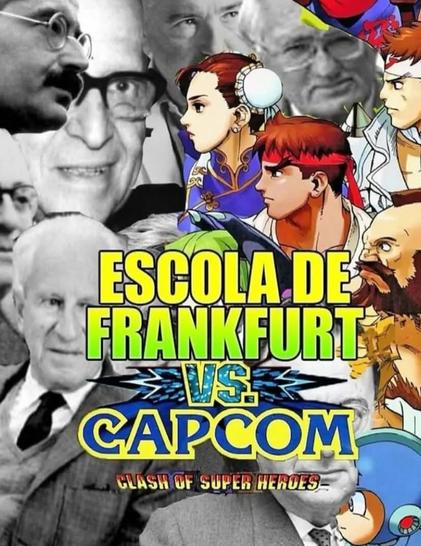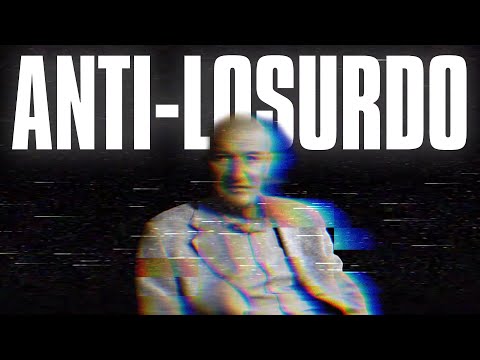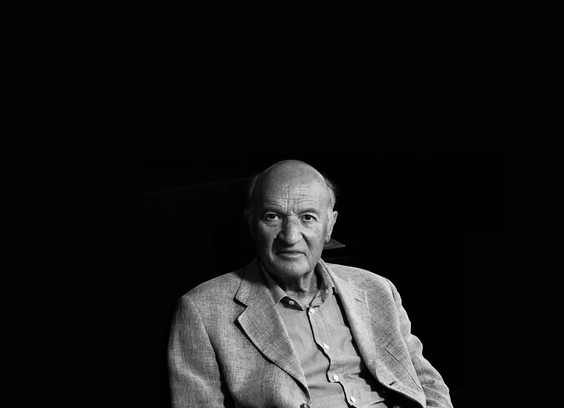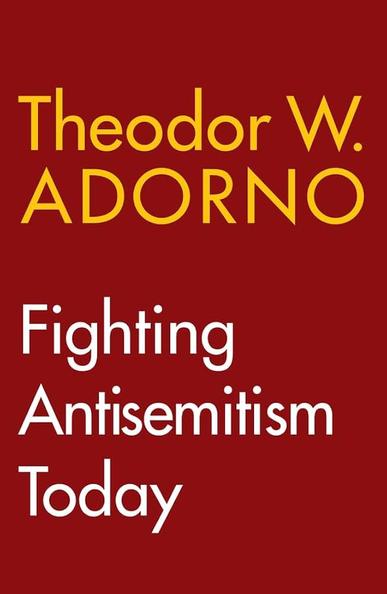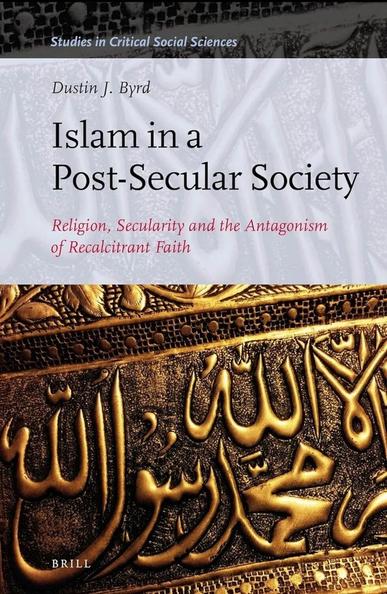"Sourced from the Max-Horkheimer-Archiv (MHA), both fragments—“On The Relation Between Critical Intellectuals, the Proletariat, and the Communist Party” and “The Curse of Writing Today”—are located under the subheading “Miscellaneous Manuscripts (1946),”1 filed alongside three (of the four surviving) typescripts from Horkheimer’s “Conversations with Theodor W. Adorno,” recorded during the first two weeks of October 1946, about the planned sequel to Dialectic of Enlightenment. These Diskussionsprotokolle were first published posthumously in Volume 12 of Horkheimer’s Gesammelte Schriften under the title: “Rettung der Aufklärung. Diskussionen über eine geplante Schrift zur Dialektik.”2 In addition to these discussions, the last two fragments under the same subheading were also selected for publication in the same volume of Horkheimer’s GS: “Towards a Critique of the American Social Sciences” and “The Fate of Revolutionary Movements,” each of which is also dated “October 1946.”3 One possible motive for the omission of the fragments below from Horkheimer’s GS is difficulty in determining authorship. Despite a number of indications to the contrary in the text of the fragments themselves, the archivists (tentatively) attribute them to Adorno alone—a problematic approach the archivists seem to have adopted for several other unpublished fragments from the archive with indeterminate authorship as well.4 In terms of content, there are two grounds for rejecting this attribution."
https://ctwgwebsite.github.io/blog/2025/HA_Fragments_1946/
#CriticalTheory #Marxism #FrankfurtSchool #Adorno #Horkheimer
